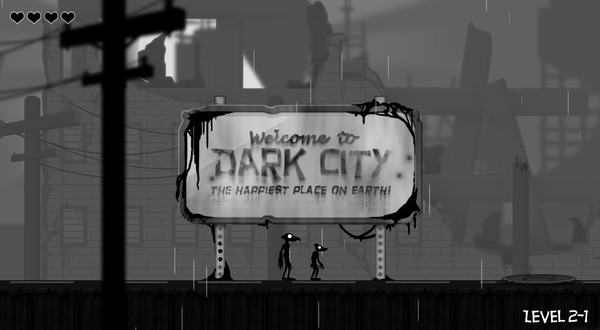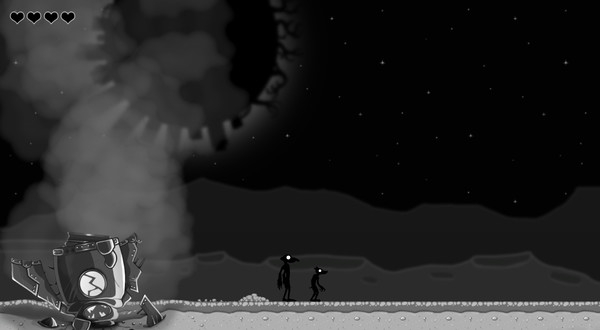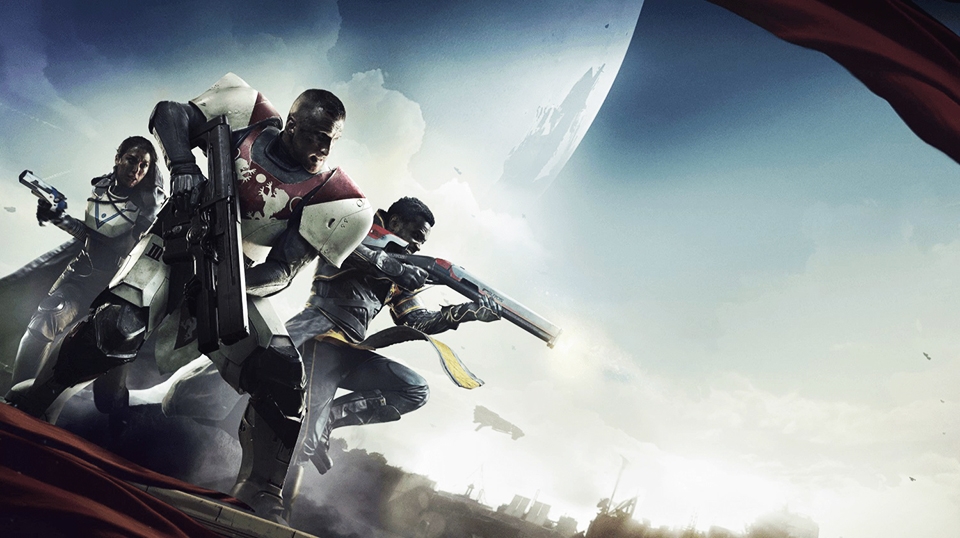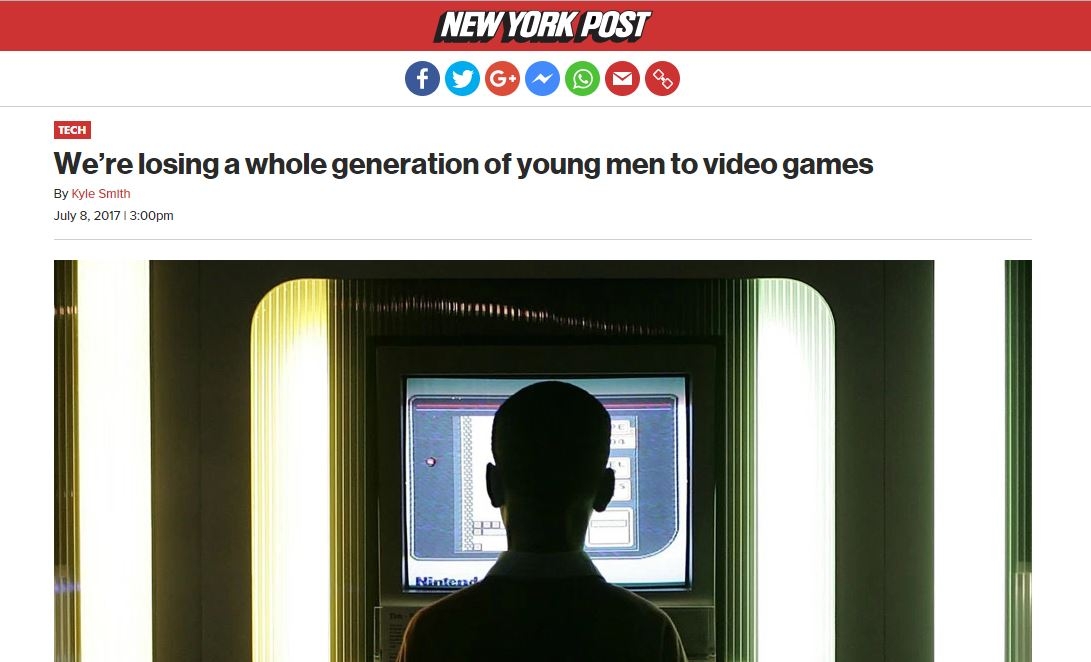
What’s next and what it means for smaller devlopers

By Zach Landau | A&E Editor
Last month, on June 6, game developer and digital distributor Valve Corporation suddenly put an end to its Steam Greenlight program.
First launched back in 2012, Greenlight was meant to help facilitate more games onto the digital storefront, with Steam customers voting to approve which games could be distributed on the platform.
While the initial batch of games approved through Greenlight were generally solid picks, the amount being approved was modest, capping around 15-20 games each month. On August 28, 2013, however, 100 games were greenlit at once, and since then, games were approved at a staggering rate, flooding the service monthly.
Not only was Greenlight the host for a large multitude of games, but it also attracted the attention of the unscrupulous. Developers looking to turn a quick profit or with questionable business practices turned to Greenlight to release their projects, leading to a number of incidents, including harassment, hate speech and, most infamously, a full-fledged, multi-million dollar libel lawsuit.
What vetting process was in place at Valve during the nearly five years that Greenlight operated earned scorn from press, developers and consumers alike. To address complaints of lower-quality games being released on their platform and to make the process of finding new titles easier for customers, Valve announced earlier this year that it was ending the service.
In its place is Steam Direct. Announced along the same time as the eventual shuttering of Greenlight in a Feb. 10 blog post, Direct takes even more control out of the curation process, allowing developers to upload straight to the storefront. The only qualifiers are that the developers must prove they exist, that the game will actually run and that they are not selling malware. No voting and no other forms of quality control were given in the post.
Valve hopes that these changes will be for the better and hinted in later blog posts at changes being implemented to guide customers’ attentions to games that fit their tastes.

Smaller developers have high hopes for Direct, too, and among them is Pittsburgh-based Wither Studios.
Wither Studios has only one game under its belt: the macabre platformer Crowman & Wolfboy. Launched on iOS and then ported to Android, C&W reviewed positively and, according to Steve Gabry, co-founder, game designer and artist at Wither Studios, garnered more than 600,000 downloads. However, despite this achievement, Gabry said C&W still wasn’t profitable, and it was this disparity between these accolades and reality that drove the company to the PC market, specifically Steam.
Gabry is part of a team of six, and he and the rest of his crew were wary of the results of Valve’s laissez-faire approach with Greenlight.
When asked about the amount of games on the platform, Gabry explained that the, “huge flood of low-quality games” diluted the platform.
“[Developers] struggle for recognition in the sea of games,” Gabry admitted. “And customers potentially miss out on some worthwhile experiences.”
Inquiry about underhanded developers elicited a similar response.
“I wouldn’t say they impacted any of our decisions,” said Gabry. “But they definitely made things harder for the honest indie developers.”
Part of what fuels Gabry’s hopes is his perception of Valve’s customer-first priorities.
“Even if some of their decisions end up making things harder for smaller [developers],” Gabry explained, “[Valve is] typically trying to keep things fair and consistent.”
One of the decisions that Valve admitted garnered a significant amount of consideration leading to the launch of Direct was the price of entry for the program. This fee both was and is heavily debated by developers and gamers alike, as it is meant to act as a deterrent to illegitimate games, but risks shutting out smaller companies.
In a June 2 post, Valve explained that, “We knew that we wanted it to be as small as possible to ensure it wasn’t a barrier to beginning game developers, while also not being so small as to invite easy abuse by people looking to exploit our systems.”
After talking with developers and observing the online discourse surrounding the issue, the company settled on a $100 fee per title, with that fee being recoupable if game sales reached $1000.
Gabry was “pretty surprised” at Valve’s decision to not only keep it at $100 but to also make the fee recoupable.
The future of Direct has yet to be seen. Whether it falls into the same pitfalls as Greenlight rests entirely on how closely Valve will decide to examine who it does business with.
For his part, Gabry “definitely” wants to use Direct to sell his games. He hopes that the new system will allow good games to get the attention they deserve and expects Valve to be more cautious with whom they do business.
“Whether this process is successful or not, I do feel like it will be an improvement over Greenlight,” Gabry said. “If it helps to filter the spam out even a little, then it is definitely a step in the right direction.”
Wither Studios is currently working on a 2.5D horror game titled IMMURE, with a demo planned for some time this year. You can follow updates on the game @WitherStudios




